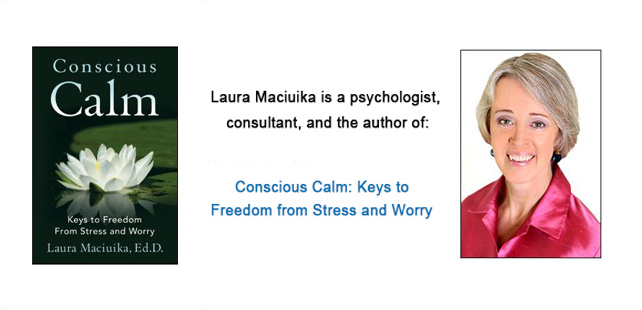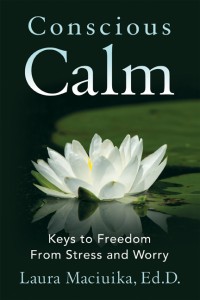 Here we are near the end of January. If you believe the quickie online research, only 8% of people have kept their New Year’s resolutions by now.
Here we are near the end of January. If you believe the quickie online research, only 8% of people have kept their New Year’s resolutions by now.
More rigorous research with somewhat less dire numbers was done by British psychologist Richard Wiseman.
Dr. Wiseman’s research team asked 700 people about their New Year’s resolutions. 78% of that group reported failing in the resolutions they had set for themselves. That means a whopping 22% kept their resolutions made at the turn of the year.
If you made New Year’s resolutions, the odds seem stacked against having kept them even a few weeks later. For some people I hear from, if they have eased up on the strictly healthy eating, or have stopped exercising the targeted six times per week, the broken resolutions can become one more cause of stress. Often without realizing it, we can turn incidents like this into one more internal stress generator. A slip up with a resolution becomes one more story about not being good enough, one more self-judgment about being a failure, or one more way to fall below very high expectations. All of these negative inside judgments help create more tension and stress, and we may not even notice we’re doing it to ourselves.
In part, the trouble comes from the internal judgments and unkind ways of thinking about not having kept the resolution consistently. Raising your awareness and shifting that punishing self-talk can be one lasting way to ease stress.
In part, too, the trouble comes with the common use of the word “resolution.” Many people seem to use the word as if it means “a promise.” If a resolution is not kept exactly, that’s it – I broke my promise, I broke my word, and it’s as if the whole enterprise is broken and beyond repair. Then the negative self-talk and judgmental thinking is set loose.
In reality, the word “resolution” has a number of interesting meanings, none of which means “promise.” The word “resolution” comes from the Latin, with a meaning closer to “loosen” or “release.”
Resolution can mean making a decision or finding the answer to a problem. It can mean the subsiding of symptoms, as in the resolution of a physical, medical problem. Resolution can also mean a harmonic progression in music, where a chord or several notes move from dissonance to greater consonance or harmony; or it can be the part of a novel or play in which the conflict is removed, resolved.
With these more accurate, varied definitions, we might look at New Year’s resolutions in a way that relieves stress and worry, instead of creating even more. Instead of promising ourselves to push away an old habit or create a new one, what if the entire approach were more in line with the real meaning of “resolution?” What if I were releasing something into the past, instead of trying to push it away with force, like telling myself how horrible I’ll feel if I don’t lose that weight?
In fact, Dr. Wiseman’s research team explored the different strategies people used in trying to keep their New Year’s resolutions. He found that of the 78% that failed, many had been trying to push away a negative habit by focusing on the negative aspects of their goals, or by using a fantasy of looking or feeling better. Others who failed had made their resolutions in a quick, last-minute way. Those with greater success had smaller, intermediate goals, and interestingly did not view smaller “failures” as the end of the story, but rather as temporary set-backs. Those successful folks could let go of their minor glitch failure, recommit to what mattered to them, and start again – treating resolving as loosening, releasing, then moving forward again with what they wanted.
Our outside stress is real, but the internal stress we create is optional. Looking again at “resolving” could be a way to move into both greater kindness with yourself and greater success with your goals.
Dr. Laura Maciuika is a psychologist and the author of Conscious Calm: Keys to Freedom from Stress and Worry, available at Amazon and other online stores, or through ConsciousCalm.com.




